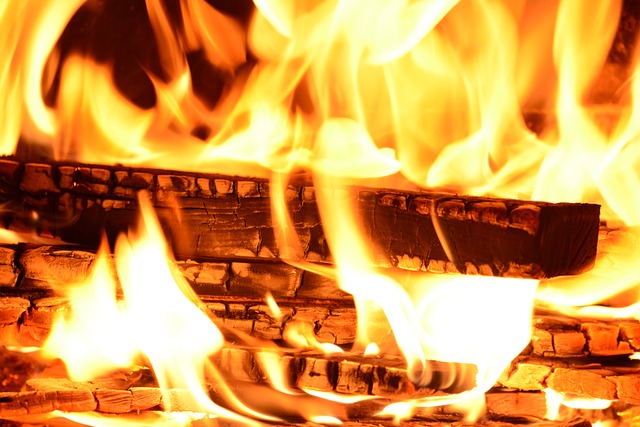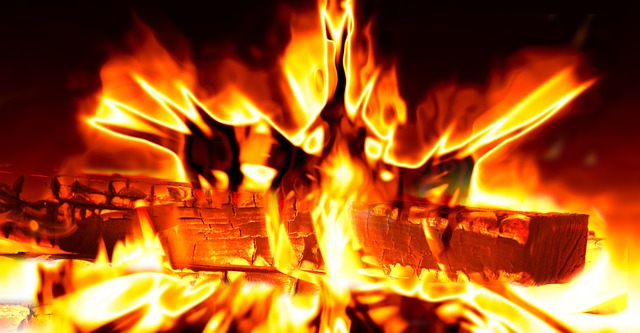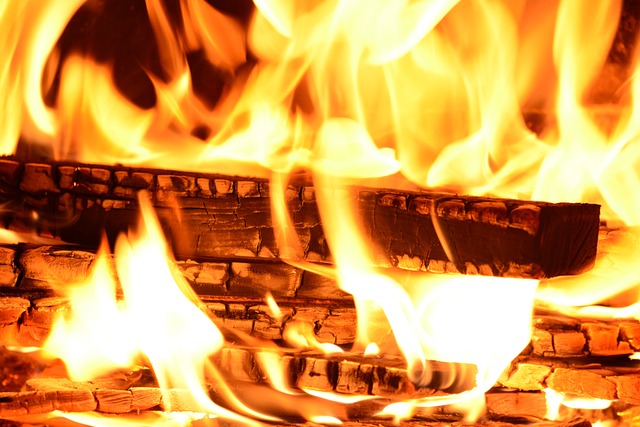In Illinois, especially Chicago, fire insurance is crucial for homeowners and businesses protecting against financial losses from fires. Understanding coverage limits and valid claim criteria is essential during the claims process, which begins with promptly notifying your insurer and documenting damages with photos and receipts. Selling fire-damaged property in Chicago requires strategic steps including assessing damage, obtaining permits, transparently disclosing impacts, and highlighting renovation potential to attract buyers in a competitive market.
In Illinois, fire insurance plays a vital role in protecting homes and businesses. Understanding your coverage and navigating claims efficiently is crucial for a smooth recovery process. This guide delves into the intricacies of fire insurance claims, from documenting damages to legal considerations. Specifically, we explore tips for selling fire-damaged property in Chicago, addressing common challenges and providing insights for a successful transition. By following these guidelines, Illinois residents can effectively manage post-fire situations.
- Understanding Fire Insurance Coverage in Illinois
- The Process of Filing a Fire Damage Claim
- Documenting and Estimating Fire Damages
- Common Challenges in Fire Insurance Claims
- Navigating the Legal Aspects After a Fire
- Selling Fire-Damaged Property in Chicago: Tips and Considerations
Understanding Fire Insurance Coverage in Illinois

In Illinois, fire insurance is a crucial component of home and business ownership, offering financial protection against the devastating consequences of fire-related incidents. Understanding your coverage is essential when navigating the process of selling fire-damaged property in Chicago or any other part of the state. Policies typically cover not only the structure but also personal belongings and certain additional living expenses during repairs. Homeowners and businesses should carefully review their policies to know what’s covered, including deductibles and specific exclusions.
When a fire occurs, policyholders must promptly notify their insurance provider. Documenting the damage with photographs and receipts for repairs is vital for a smooth claims process. In Chicago, where real estate is highly valued, knowing how to navigate fire insurance claims can help owners sell their damaged properties more efficiently. Being aware of coverage limits and understanding what constitutes a valid claim can ensure policyholders receive appropriate compensation and facilitate the sale of fire-damaged assets in a timely manner.
The Process of Filing a Fire Damage Claim

When facing fire damage, the first step is understanding the process of filing a claim. In Illinois, including the bustling city of Chicago, the claims process typically begins with documenting the losses. Homeowners or business owners should take photos and videos of the affected areas, noting any smoke or water damage, as well as the overall condition of their property. This visual evidence will be crucial when submitting their fire damage claim.
Next, they must contact their insurance provider to report the incident. The insurer will assign an adjuster who will schedule an inspection of the property. During this visit, the adjuster will assess the damage, discuss coverage details with the policyholder, and provide a preliminary estimate for repairs or replacement costs. For those looking to sell fire-damaged property in Chicago, it’s important to note that insurance companies may offer either a settlement or reimbursement for repair costs, depending on the specific terms of the policy.
Documenting and Estimating Fire Damages

After a fire, documenting and estimating damages is crucial for a successful Illinois fire insurance claim. Property owners in Chicago should take detailed photos of the affected areas, noting both visible damage and potential hidden issues like mold growth or structural weaknesses. A comprehensive inventory of personal belongings, with estimates of value and condition, is also essential. Professional estimators can help navigate this process, providing accurate assessments that align with current market values.
When considering sell fire damaged property Chicago, it’s important to remember that insurers will likely send an adjuster to assess the damage firsthand. Collaborate closely with your insurance provider and keep thorough records throughout the claim process. This documentation will not only support your financial claims but also facilitate a smoother transition towards rebuilding or repairing your home.
Common Challenges in Fire Insurance Claims

Fire insurance claims in Illinois can be a complex process, presenting several challenges for policyholders looking to recover from a devastating fire. One of the primary obstacles is the extensive documentation required. Policyholders must gather and present evidence of the loss, including photos, receipts, and expert assessments, which can be a tedious and time-consuming task, especially for those unfamiliar with the claims process.
Additionally, understanding the scope of coverage and navigating insurance company policies can be confusing. Many policies have specific clauses regarding fire damage, hidden or latent damages, and the valuation of personal property. Selling fire-damaged property in Chicago might also prove challenging due to market conditions and the need for thorough repairs, impacting the financial recovery process for homeowners.
Navigating the Legal Aspects After a Fire

After a fire, navigating the legal aspects of your claim can be challenging. In Illinois, homeowners and business owners alike should familiarize themselves with their rights and responsibilities when dealing with fire insurance claims. Understanding the process is crucial, especially when considering options like selling fire-damaged property in Chicago. The first step is to review your insurance policy carefully, noting coverage limits and exclusions. This knowledge will empower you during negotiations with your insurer.
It’s important to document all losses accurately by taking photos and keeping records of repairs or replacements made. In the case of selling fire-damaged property, being prepared with this documentation can streamline the process. Additionally, consult legal professionals who specialize in insurance claims to ensure your rights are protected throughout the journey.
Selling Fire-Damaged Property in Chicago: Tips and Considerations

After a fire, many Chicago residents find themselves with damaged properties and the daunting task of navigating insurance claims. While the process can be challenging, there’s an additional layer of complexity when considering selling fire-damaged property in Chicago. This is especially true for those looking to move on from their insured loss or invest in rebuilding efforts elsewhere.
Selling fire-damaged real estate requires a thoughtful and strategic approach. First, assess the extent of damage; minor repairs may be feasible for a quick sale, while more significant losses might necessitate a partial or total demolition report. Ensure all necessary permits are obtained before putting the property on the market. Potential buyers will require transparency regarding the fire’s impact, so disclose relevant information and consider offering detailed reports to build trust. Remember, Chicago’s real estate market is competitive, so highlighting any unique features or potential for renovation can attract buyers seeking an opportunity.
Fire damage can be devastating, but understanding your insurance coverage and navigating the claims process is crucial for a smoother recovery. This guide has outlined key steps from assessing damage to legal considerations, emphasizing the importance of thorough documentation. When selling fire-damaged property in Chicago, remember that knowledge is power—familiarize yourself with local regulations and market trends to ensure a successful transition.






